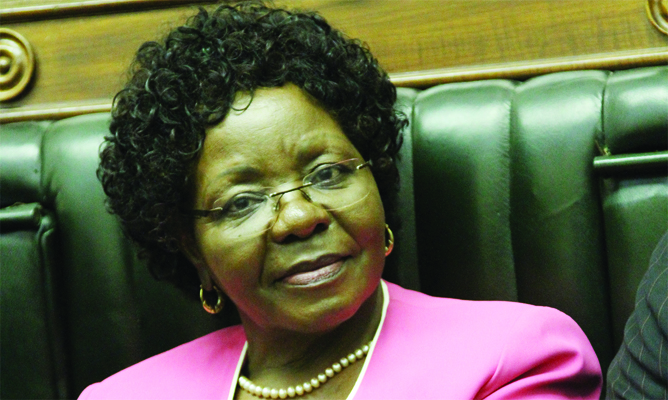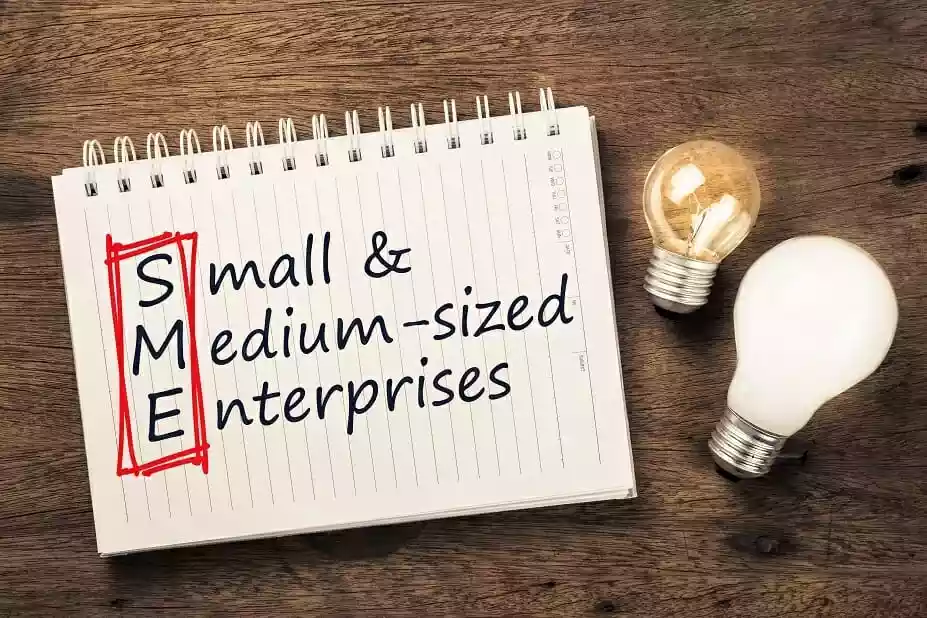
Small-to-Medium Enterprises and Cooperatives Development minister Sithembiso Nyoni has appealed to the Zimbabwe Revenue Authority (Zimra) to give SMEs a grace period before taxing their businesses after registering new companies.
BY TARISAI MANDIZHA
In an interview with NewsDay, Nyoni said Zimra should conduct a study to be able to know what they are dealing with and avoid squeezing SMEs.
Instead, she said, the revenue collector should encourage SMEs to formalise their businesses.
“Zimra really needs to do a study so that they don’t squeeze the SMEs. The study will enable them to know what they are dealing with and not chase away the goose that lays the golden egg,” she said.
Nyoni said the number of SMEs in the country were now more than 3,8 million and a lot needed to be done to formalise the sector.
She said the number was on the rise as a result of company closures, adding that the SME business units were resilient despite challenges.
- Chamisa under fire over US$120K donation
- Mavhunga puts DeMbare into Chibuku quarterfinals
- Pension funds bet on Cabora Bassa oilfields
- Councils defy govt fire tender directive
Keep Reading
Secretary for Small and Medium Enterprises and Co-operatives Development, Evelyn Ndlovu, said in a recent report that moving from informality to formality in the micro small-to-medium enterprises (MSME) sector could ensure an inclusive contribution to the economic growth and development.
Ndlovu said the MSME sector had grown to become a veritable engine of economic growth the world over.
“The movement from informality to formality is not a single event, neither can it occur overnight, hence this movement is often described as transition from informality to formality,” Ndlovu said in the first edition of the magazine, The New Economy.
“We will, therefore, consider formalisation to be the transformation of an economic unit from non-compliance to compliance with the laws of the land a business is operating from.”
MSMEs account for over 95% of all enterprises in developing countries of, which over 80% of those are in the informal sector.
According to the 2012 Finscope MSME Survey, Zimbabwe has 2,8 million MSME owners employing 2,9 million people translating into 5,7 million people dependent on the sector, contributing more than 60% to gross domestic product.
The survey revealed that Zimbabwe’s informality was one of the major challenges facing the small business, with 85% of the SMEs not registered or licensed.
The informal economy emerged as a result of the demise of corporates, which ejected thousands of workers out of formal employment.
Desperate for money and armed with skills, the unemployed sought for alternative ways to survive hence they entered the informal economy.












